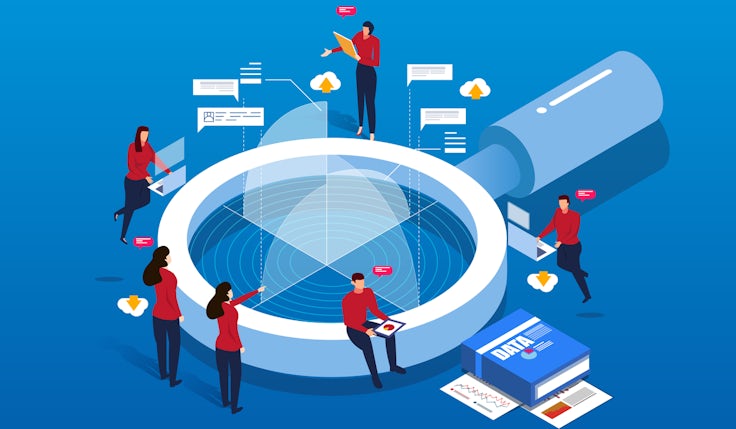Coca-Cola’s insights director: Marketers are often too ‘in the weeds’ to act strategically
Brands must ensure marketers have time to use both data and human insight to build out a long-term strategy, research bosses at Coca-Cola and Philips argued on a panel today.
 The realities of a brand manager’s role mean they often do not have the capacity to act strategically, according to The Coca-Cola Company’s human insights director for nutrition in Europe, Fiona Lovatt.
The realities of a brand manager’s role mean they often do not have the capacity to act strategically, according to The Coca-Cola Company’s human insights director for nutrition in Europe, Fiona Lovatt.
Speaking on a panel at the Market Research Society’s Insight Alchemy conference today (14 March), Lovatt said that although most marketers would profess to be strategic, the operational realities mean many simply are unable to be so in practice.
“I think if you walked in the shoes of a brand manager, a lot of people would be shocked at how operational and short term that role can be,” she said.
Matters such as managing the supply chain can mean marketers get stuck “in the weeds” and lack the time to focus on long-term thinking, she explained. It’s therefore easy for marketing teams to get caught in a trap of short-term decision making.
That creates space for agency partners to step in and help time-pressed marketers to develop the long-term strategy they need, she suggested.Ritson: Do you have a strategy worthy of a brief? These three questions will tell you
Meanwhile, health technology brand Philips is making a conscious effort to help its marketers be more consumer-focused and thus more strategic, according to head of marketing insights and analytics for personal health, Fenny Léautier.
The business is working to ensure its marketers have time to think about long-term strategy, as well as “the human behind [it]”. It is important for team members to spend time speaking to the consumer directly and not just focus on internal matters, Léautier argued.
Strategic thinking has become increasingly important in an unpredictable world post-Covid and amid the cost of living crisis, she added, as it presents an opportunity for brands to demonstrate their importance in the lives of consumers.
Coca-Cola’s Lovatt concurred that for marketers and consumers “the world is more complex than it ever has been”.
With so many distractions out there, strategy is important because it “provides a thread to guide” businesses through these complex times. It is important to define what strategy isn’t, she added, citing Marketing Week columnist Mark Ritson’s rejection of the “tactification of marketing”.
“I think it’s really important to distinguish tactics and execution,” she said.
The pandemic, followed by a financial crisis, has reiterated the importance of “doing the basics really well”, Lovatt added. This means using insights to understand how consumers are feeling, particularly during an ever-shifting landscape, and adjusting strategy accordingly.
The importance of the human
Technology can be helpful in forwarding strategy to an extent, said Coca-Cola’s Lovatt, but the abundance of data generated by it can mean marketing teams seek to “data their way” through problems.
Marketing teams shouldn’t look to data to solve problems by itself, she said. Instead, it is important that human analysis and understanding is applied to generate strategy from data.
Philips’ Léautier also believes human insight and technology should be used alongside one another. The human aspect of strategy should also not be forgotten when it comes to speaking to internal stakeholders, she said.
In order to further their strategic goals, marketers need to have internal stakeholders on-side, Léautier explained. This requires “an emotional connection” and understanding of the relevant stakeholders.
“Understand what keeps them awake at night,” she advised.






